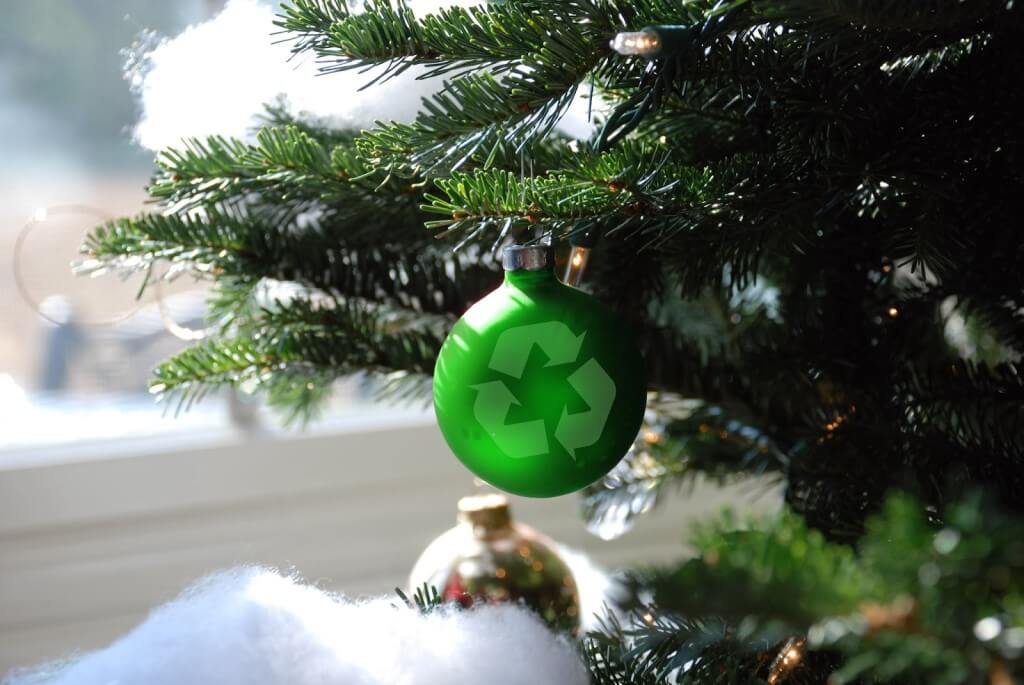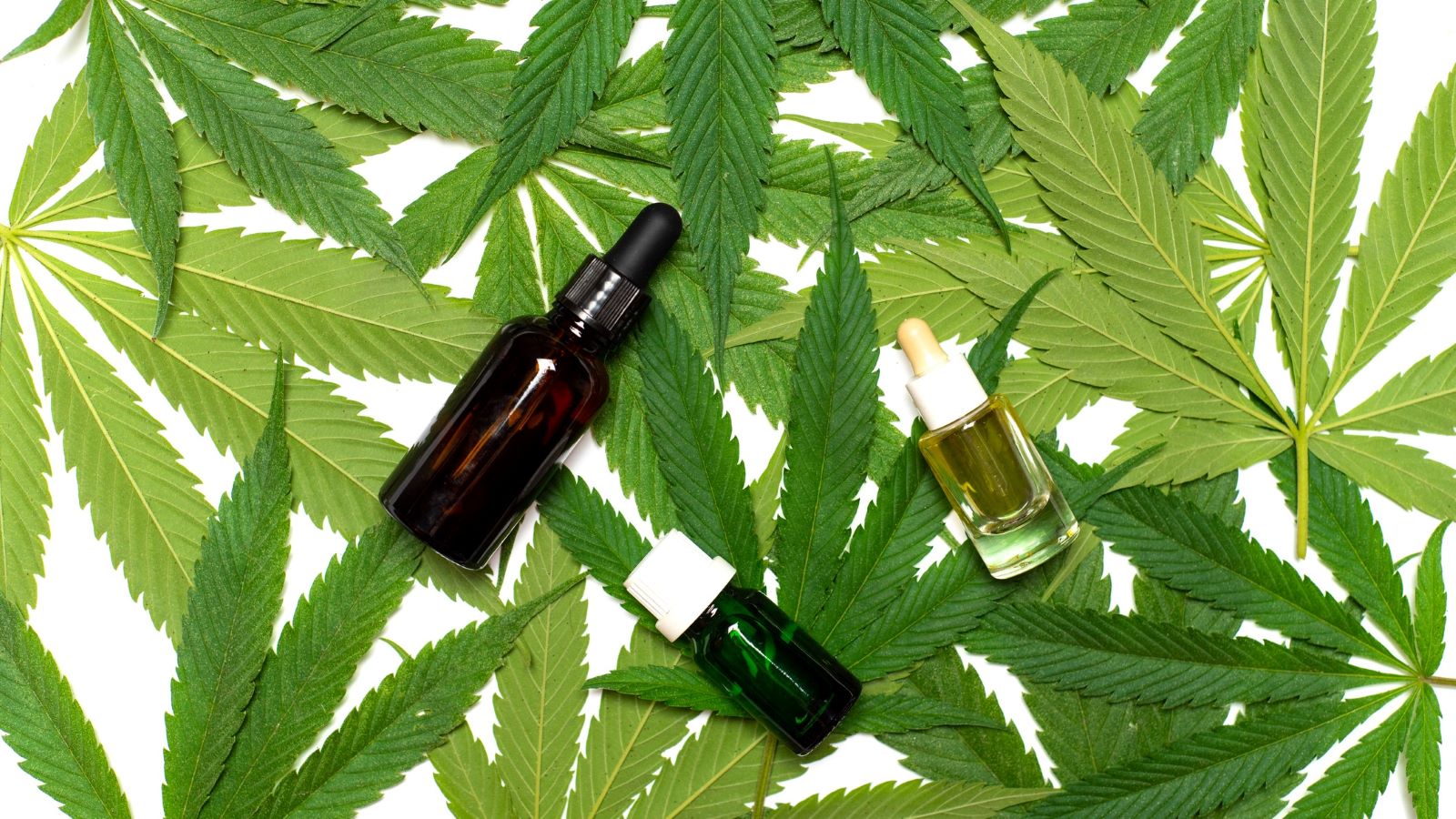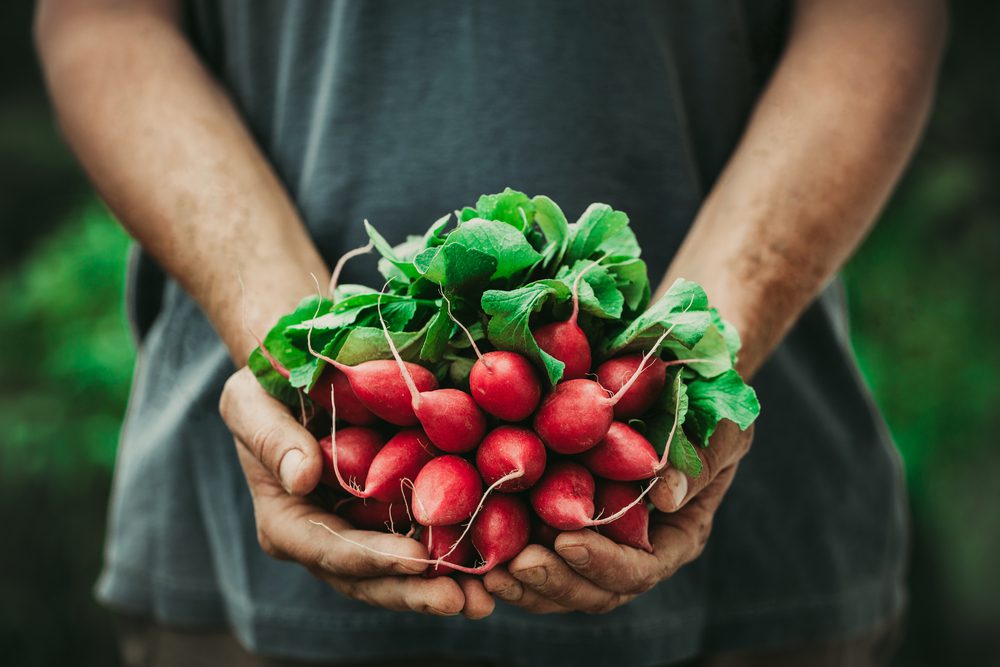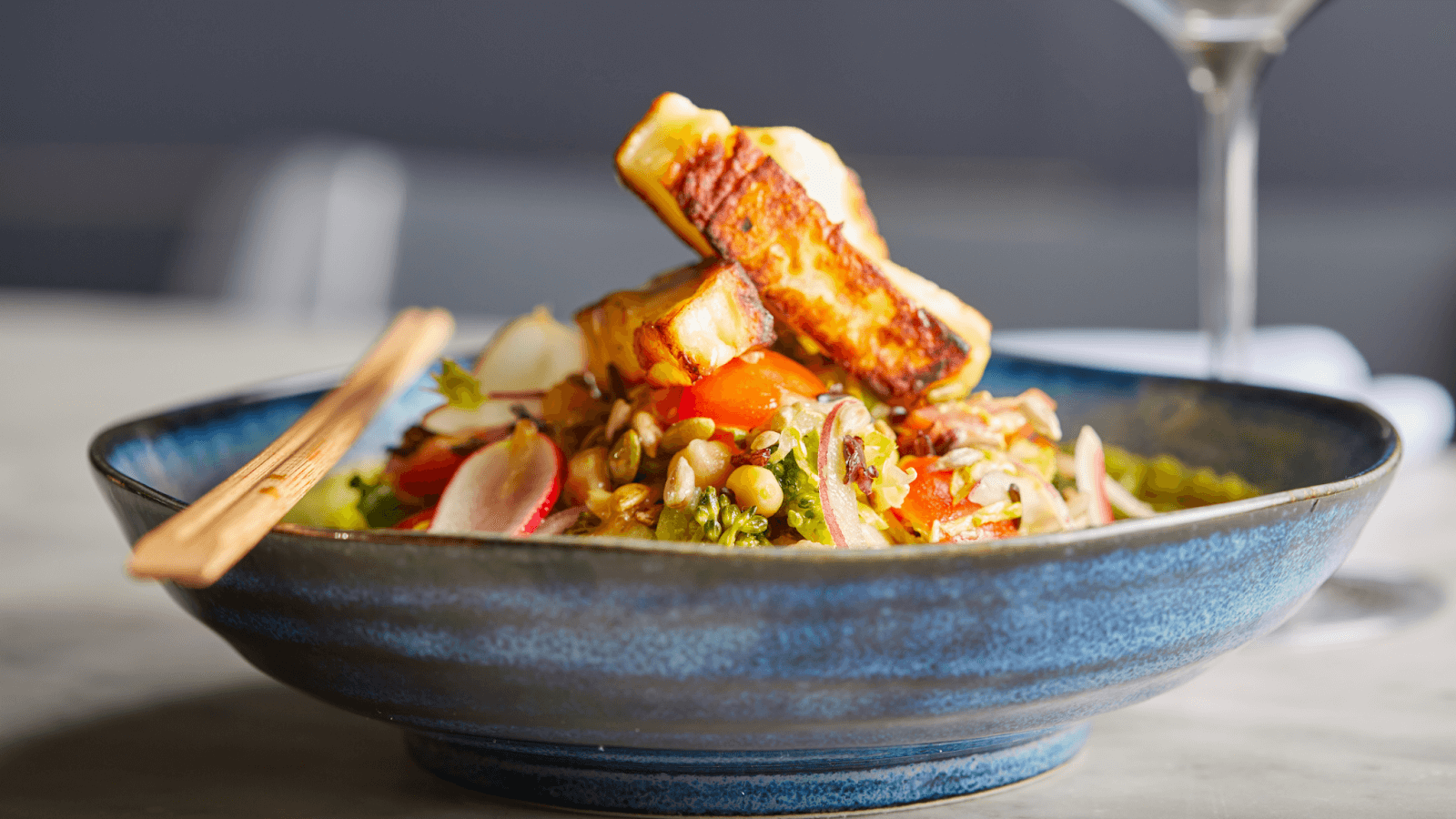If you’re looking to buy seeds for your vegetable garden from socially responsible seed companies that are not associated with GMOs, Bayer/Monsanto, or any of their subsidiaries, look no farther… Each of the following seed companies provides heirloom, organic or open-pollinated seeds, and has taken the Safe Seed Pledge and tested their stock to be free of GMOs.
- What is an Heirloom Seed?
- Why Choose Heirloom Seeds?
- What About Patented Seeds?
- The Safe Seed Pledge
- The 10 Best Seed Companies for Heirloom and Non-GMO Seeds
- Seed Savers Exchange (Decorah, IA)
- Baker Creek Heirloom Seeds (Mansfield, MO)
- MIGardener (Port Huron, MI)
- Clear Creek Seeds (Hulbert, OK)
- Botanical Interests (Broomfield, CO)
- Peaceful Valley Farm & Garden Supply (Grass Valley, CA)
- Johnny’s Selected Seeds (Winslow, ME)
- Fedco Seeds (Waterville, ME)
- Territorial Seed Company (Cottage Grove, OR)
- Seeds of Change (Rancho Dominguez, CA)
What is an Heirloom Seed?
A seed variety is typically considered an heirloom if it is open-pollinated, and existed more than 50 years ago. Heirloom seeds have been grown and saved generation after generation because they have unique and special characteristics that people want—a string bean with a pretty purple-speckled pod instead of plain green, for instance.
These desirable seeds are often passed down through families, but a few seed companies and organizations have also helped preserve heirloom seeds and make them more widely available.
Why Choose Heirloom Seeds?
Heirlooms Have History
Because heirlooms are old, many of these seed varieties have interesting histories. For example, ‘Black Watchman’ hollyhock was grown in Thomas Jefferson’s garden at Monticello (and it’s mentioned in texts as early as 1629).
Heirlooms Are Time-Tested
If so many people have bothered to save a particular plant’s seeds for posterity, you know it must be really special. Heirlooms have been saved and planted across time because of their exceptional flavor, beauty, or hardiness.
Heirlooms Can Be Saved
All plants need to be pollinated in order to produce seeds. But unlike hybrids or GMOs, all heirloom seeds are naturally open-pollinated by wind or insects, meaning you can save their seeds and they will grow true to type year after year.
Heirlooms are Guaranteed Non-GMO
All heirloom seeds are non-GMO. GMO stands for Genetically Modified Organism, and means the plants have had their DNA artificially altered in a lab, often with genes from unrelated species it could not naturally breed with. For example, some GMO corn has genes from bacteria that help them resist certain pests. So, by definition, heirloom seeds cannot be genetically modified.
More About Seeds
What About Patented Seeds?
The Plant Patent Act was enacted by the U.S. Congress in 1930. It was introduced primarily to benefit the horticulture industry by encouraging plant breeding and increasing plant genetic diversity. They needed a mechanism to ensure that breeders could make a return on their sizable research and development costs.
The two most common types of plant patent are:
Plant Variety Protection (PVP) is like a copyright. Like a copyrighted piece of writing, anyone can enjoy it, reproduce it for themselves and their friends, use it as inspiration—but to publish it, sell it, or put it on a greeting card requires permission (and maybe money). Similarly, gardeners and farmers are free to save and replant PVP seeds for personal use, but they may not sell them.
Utility Patents are more controversial. A utility patent is granted by the United States Patent and Trademark Office based on a unique and specific attribute of an individual plant variety, like resistance to a specific disease. A plant variety with a utility patent can only be used for crop production and cannot be used for seed saving to resell, give away, or replant, for 20 years from introduction. Utility patents have major ramifications for seed diversity and the livelihood of subsistence farmers who depend on saved seed, but do not really affect American gardeners.
More and more small and midsize seed companies are developing their own patented seed varieties that have wonderful traits like extra disease protection, unique growing habits, or unusual flavor or coloring. But don’t worry: No one is concerned about whether a home gardener saves 5o cents worth of patented lettuce seed from one year to the next for personal use.
Gardeners are not trying to make money from someone else’s research and development. These patents are exclusively to protect the holder (for 20 years only) from farmers or competing seed companies stealing and profiting from their hard work.
What is far more concerning than patented seed varieties is that the USDA and many state Departments of Agriculture are calling for the regulation of public seed libraries.
In many cases, these agencies consider seed libraries legally analogous to seed companies, which must comply with regulations ensuring against mislabeled, contaminated, or compromised products. The enforcement of such regulations would, at the very least, undermine the purpose of community seed libraries—and at the worst, make the operation of a community seed library virtually impossible.
When it becomes illegal to trade ANY seed of ANY kind, then we have a real problem.
The Safe Seed Pledge
The Safe Seed Pledge was conceived in 1999 when High Mowing Organic Seed Company led a coalition of 9 other seed companies in drafting a statement about their stance on genetic engineering. To date the Pledge has been signed by over 370 seed companies worldwide.
Signing the Safe Seed Pledge is voluntary and unregulated, but it’s a very safe bet that any company that has signed the pledge is committed to the cause. It reads:
“Agriculture and seeds provide the basis upon which our lives depend. We must protect this foundation as a safe and genetically stable source for future generations. For the benefit of all farmers, gardeners and consumers who want an alternative, we pledge that we do not knowingly buy or sell genetically engineered seeds or plants. The mechanical transfer of genetic material outside of natural reproductive methods and between genera, families or kingdoms, poses great biological risks as well as economic, political, and cultural threats. We feel that genetically engineered varieties have been insufficiently tested prior to public release. More research and testing is necessary to further assess the potential risks of genetically engineered seeds. Further, we wish to support agricultural progress that leads to healthier soils, genetically diverse agricultural ecosystems and ultimately people and communities.”
The 10 Best Seed Companies for Heirloom and Non-GMO Seeds
While there are dozens of great seed companies out there that offer heirloom and open-pollinated seeds, and have also signed the Safe Seed Pledge, I particularly like the following ten companies because I have used their seeds, and they each have something extra special about their mission, their catalog, or their business practices that fosters greater sustainability for people and planet.
Each of the following companies specializes in rare seed preservation, or they are employee-owned, or they focus on seeds that are adapted to a particular climate. The larger companies on this list carry open-pollinated, heirloom and hybrid seed varieties, as well as onion and garlic sets, planting potatoes, berry plants, fruit trees, tools, and more.
If you have any questions about a seed company that is not listed here or on the Safe Seed Pledge list, just give them a call!
I recommend that you consider your values, your gardening needs and your local climate/region when choosing your seed sources.
Seed Savers Exchange (Decorah, IA)
The Seed Savers Exchange (SSE) is a non-profit organization working to save heirloom garden seeds from extinction. Their focus is on preserving varieties of seed that gardeners and farmers bring to North America when their families immigrate(d), and traditional varieties grown by American Indians, Mennonites and the Amish.
SSE’s 8,000+ members grow heirloom varieties of vegetables, fruits and grains from all over the world, and offer them for exchange to other members in their amazing annual yearbook that has over 450 pages.
You can find almost extinct varieties of seed to try in your garden, and all the money you spend with the Seed Saver’s Exchange goes to helping protect seed biodiversity.
This is, hands-down, my favorite place to look for seeds and exciting new plant varieties for my garden.
Baker Creek Heirloom Seeds (Mansfield, MO)
Baker Creek is a family-owned business who’s mission is to promote and preserve our agricultural and culinary heritage. They offer a breathtaking 530-page catalog and website with over 1,350 varieties of vegetables, flowers and herbs—one of the largest selections of heirloom varieties in the U.S.
Baker Creek also carries one of the largest selections of seeds from the 19th century, including many Asian and European varieties. They also specialize in rare and hard-to-find heirloom seeds from over 75 different countries.
MIGardener (Port Huron, MI)
MIgardener is a small Michigan seed company that has over 700 rare and unique vegetable, fruit, and flower seeds. All of their stock is open pollinated, heirloom and organically grown by small family farms—and most seed packets cost only $2!
(PLUS, Small Footprint Family readers get an additional 10% off with this link and discount code SFF10!)
MIGardener is dedicated to preserving genetic diversity in seeds, and recently helped save the ‘Giant Crimson’ heirloom tomato from extinction, making the seeds available to gardeners for the first time in 50 years!
Clear Creek Seeds (Hulbert, OK)
Clear Creek is a small, family-owned business specializing exclusively in open-pollinated, heirloom seed varieties, including flowers, herbs and vegetables. They also offer several variety packs for even more value, like the Pollinator Pack and the Salsa Pack.
They have a smaller selection, but my favorite thing about Clear Creek is that all their seeds come in see-through, waterproof, resealable packages! As a small company, they are able to provide warm, highly personal customer service, great prices and fast delivery.
Botanical Interests (Broomfield, CO)
Botanical Interests is a 25-year old small seed company that carries over 600 varieties of seed, including hundreds of heirlooms and certified organic vegetables, herbs and flowers. You can often find a stand of Botanical Interest seed packets at Whole Foods and other natural grocery stores in the U.S. Their seed packets are some of the most interesting, useful and informative in the industry.
Botanical Interests has both a seed donation program and a seed fundraising program for schools, shelters, and churches in the U.S.
Peaceful Valley Farm & Garden Supply (Grass Valley, CA)
Peaceful Valley is a seed company dedicated to organic food production that carries a large assortment of veggie seeds, cover crops, native grasses, pasture and lawn seed, wildflowers, fruit trees and berries, potatoes, onions and garlic.
They also offer a great selection of gardening tools, pest control, season-extending products, composting supplies, growing, propagating and irrigation equipment, and books.
Peaceful Valley offers special pricing programs for farmers, school gardens and landscaping businesses.
Johnny’s Selected Seeds (Winslow, ME)
Johnny’s is a large, well-known employee-owned seed company that has more than 1,200 varieties of hybrid, open pollinated and heirloom vegetables, medicinal, culinary herbs and flowers, including a few varieties they have developed and patented themselves.
If you are homesteading, farming or market gardening, they offer large quantities of seed, as well as a variety of cover crops to keep your soil in good shape.
Johnny’s also has high quality gardening tools, equipment and accessories, cover crop seed, soil amendments and organic pest control products. Their extensive site and catalog is full of detailed growing instructions and helpful tips, even if you don’t buy seeds from them.
Fedco Seeds (Waterville, ME)
Fedco is unique for seed companies because it is a cooperative business where customer members own 60 percent, and employee members own 40 percent. Because the cooperative doesn’t have an individual owner, profit isn’t its primary goal, so their seeds and other products are quite affordable.
Fedco evaluates hundreds of varieties of hybrid, open-pollinated and heirloom seeds and plants at multiple sites, identifying the ones that are particularly productive, flavorful and suited to the northeastern U.S. climate.
Territorial Seed Company (Cottage Grove, OR)
Territorial Seed is a large, family-owned company whose mission is to improve people’s self-sufficiency and independence by enabling gardeners to produce an abundance of good tasting, fresh-from-the-garden food.
They trial and evaluate all their seeds at their farms, and the live plants that they offer are raised in their farm greenhouses. They offer hybrid, open-pollinated and heirloom seed varieties.
Territorial’s germination standards are higher than prescribed by the Federal Seed Act and their farm is certified USDA Organic, Biodynamic® by Demeter USA, and Salmon-Safe by Salmon-Safe Inc. They have a 100% satisfaction guarantee.
Seeds of Change (Rancho Dominguez, CA)
Seeds of Change was acquired by the Mars company, which uses GMO corn, soy and sugarbeet in their food products. Unfortunately, since the demand for healthy, organic products is so high, many organic brands (like Annie’s, Erewhon, Horizon, Plum Organics, and more) have been bought out by large industrial food corporations (like Mars, General Mills, Coca-Cola, etc.) who want a piece of the market.
It’s up to you to decide if you want to continue to purchase these brands, despite their new ownership.
However, ownership notwithstanding, you should know that Seeds of Change offers 100% certified organic, open-pollinated, hybrid and heirloom seeds, and they grow all their own seeds on their research farm or within their network of organic farmers. They have also signed the Safe-Seed Pledge.
The reason I mention them here is that, because they have the marketing power of a large corporation behind them, you can get their seeds at Home Depot, Lowe’s, Walmart, Whole Foods, and lots of other retail chains. Seeds of Change is the only organic, open-pollinated seed company available at mainstream stores nationwide, which makes organic, open-pollinated seed accessible to anyone—including the majority of people who haven’t considered the value of organic, open-pollinated seeds before.
So if you don’t shop online (like my mom), or you’re new to gardening and don’t know where to start, you can easily pick up Seeds of Change organic, open-pollinated seeds for your garden while you are out running errands.
You can find more seed companies that have signed the Safe Seed Pledge here.
Updated: January 3, 2022












